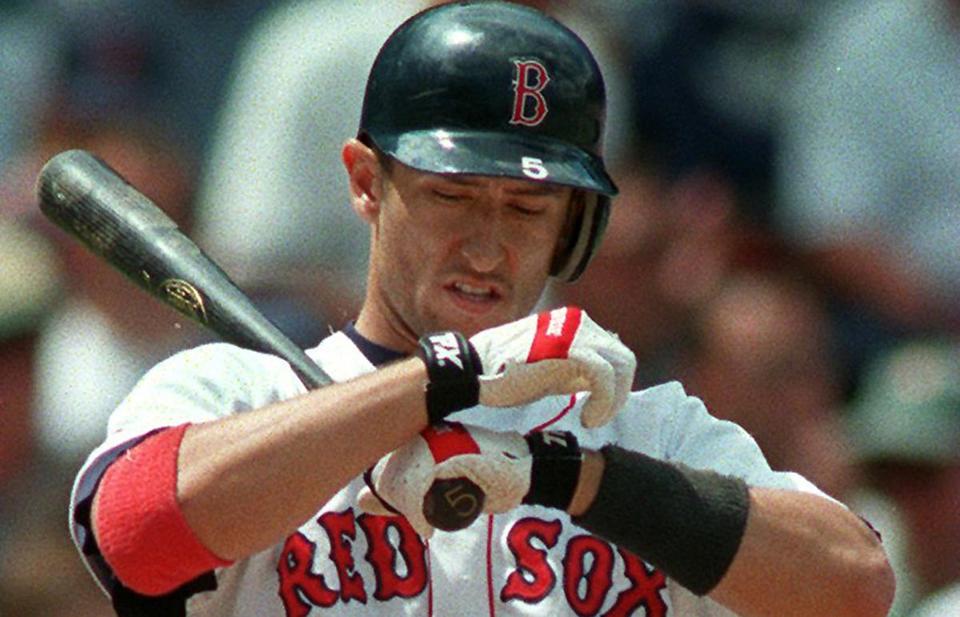
By Caitlin Haworth |
Have you ever watched a baseball game and seen a hitter walk up to the plate swinging the bat, touching seemingly random spots on the dirt, or even staring at one spot for a breath or two? These somewhat random routines are becoming more popular within applied research as many athletes and coaches ask: do routines work? Does tapping the bat in the dirt or taking a few deep breaths actually improve performance? Does bouncing and spinning the basketball before a free-throw shot help the player make the shot? While every athlete is unique in his/her routine selection, pre-performance routines can be found in almost any sport involving closed motor skills.
A pre-performance routine is a set of sequenced actions performed consistently before a specific sport performance. Pre-performance routines not only incorporate physical actions such as swinging a baseball bat or bouncing a basketball, but also provide the opportunity for psychological preparations such as visualization, deep breathing, or positive self-talk. Incorporating both physical and psychological skills are important in developing strong pre-performance routines. Physical skills help prepare the body for action; most athletes wouldn’t run a marathon without stretching first. Psychological skills help clear the mind for the decision-making involved with action. Without psychological skills, negative thoughts can cloud cognition leaving an athlete struggling to make quick, accurate decisions.
So why are pre-performance routines important? Why should athletes and coaches consider incorporating a routine into sport performance? Studies have shown that successful performance significantly increases when a pre-performance routine was implemented where one did not previously exist (2). Additionally, research has shown successful performance significantly increases when a routine is performed consistently (1).
While routines involve players, routines are not the sole responsibility of the athlete. Coaches can teach routines when teaching a new skill. If a player is struggling with devising a certain aspect of the game, the coach’s response should involve implementing a pre-performance routine, they should be encouraged to develop individual routines that address certain aspects of performance. Pre-performance preparation, both physical and mental, prior to performance can create optimal situations for athletes to perform at elite levels through pre-performance routines. By teaching pre-performance routines, essential tools for coaches can aid athletes in the increase of successful sport performances.
References
- Czech, D. R., Ploszay, A., & Burke, K. L. (2004). An examination of the maintenance of preshot routines in basketball free throw shooting. Journal of Sport Behavior, 27(4), 323-329.
- Foster, D. J., Weigand, D. A., & Baines, D. (2006). The effect of removing superstitious behavior and introducing a pre-performance routine on basketball free-throw performance. Journal of Applied Sport Psychology, 18(2), 167-171.
Caitlin Haworth has a bachelor’s degree in psychology and is currently a graduate student in the Sport and Exercise Psychology Master’s program at Springfield College in Springfield, Mass. She is an avid fan of all sports and enjoys incorporating psychological skills in sports consulting for sport performance enhancement.
[…] is a systematical sequence of thoughts and actions athletes execute right before showtime. The benefits? Significantly […]